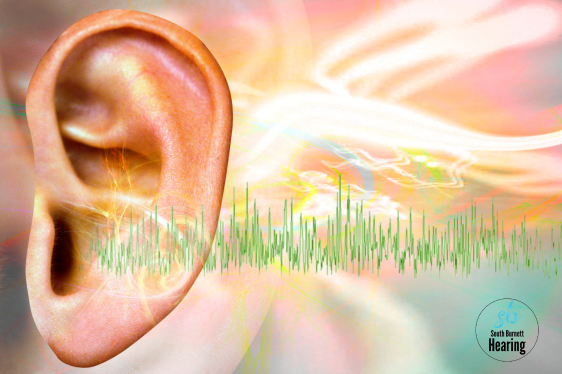Hearing is a vital sense that enriches our lives in countless ways, from the practical ability to communicate to the joy of listening to music or the sounds of nature. However, when hearing is affected by conditions such as tinnitus, it can have a profound impact on our daily lives. In this article, we delve into the world of tinnitus, exploring what it is, how it affects individuals, and the current understanding and management strategies in the realm of hearing health.
What is Tinnitus?
Tinnitus is often described as a ringing, buzzing, or hissing sound in the ears, which is not caused by any external sound source. It’s a common condition, affecting around 15-20% of people globally. Tinnitus can be a symptom of various underlying conditions, such as age-related hearing loss, exposure to loud noise, earwax blockage, and even stress or anxiety.
The Impact of Tinnitus on Daily Life
Living with tinnitus can be challenging. The constant noise can lead to difficulties in concentration, sleep disturbances, and even emotional distress. Many individuals with tinnitus report a decrease in the quality of life, particularly in severe or chronic cases. It’s not just a physical condition; the psychological and emotional impacts are significant and can’t be overlooked.
Understanding the Causes
Understanding the causes of tinnitus is essential in managing the condition. While the exact mechanism behind tinnitus is still not fully understood, it is believed to be associated with changes in the hearing system. This can include damage to the tiny hair cells in the inner ear that help transmit sound to the brain. When these cells are damaged, they can send false signals to the brain, resulting in the perception of sound when there is none.
Diagnosis and Evaluation
Diagnosing tinnitus involves a thorough evaluation by a hearing health professional. This typically includes a detailed medical history, a physical examination of the ears, and a series of hearing tests. These tests help to determine the pitch and loudness of the perceived sound and assess the overall hearing ability. In some cases, further tests like MRI or CT scans may be required to rule out underlying conditions.
Treatment and Management
While there is no cure for tinnitus, there are several ways to manage the condition and reduce its impact on daily life. Treatment options vary depending on the underlying cause and severity of the symptoms. They can include:
– Sound Therapy: Using external sounds to partially or completely mask the tinnitus. This can be through white noise machines, hearing aids, or sound apps.
– Hearing Aids: Especially beneficial if tinnitus is accompanied by hearing loss. Hearing aids can amplify external sounds, making the tinnitus less noticeable.
– Cognitive Behavioral Therapy (CBT): A type of psychotherapy that helps individuals change their reaction to tinnitus by altering their patterns of thinking and behavior.
– Tinnitus Retraining Therapy (TRT): Combines sound therapy with psychological techniques to habituate the brain to tinnitus sounds, reducing their impact.
– Lifestyle Changes: Managing stress, reducing caffeine and alcohol intake, and practicing relaxation techniques can also help alleviate symptoms.
The Role of Prevention
Preventing tinnitus is crucial, especially since there is no cure. This involves protecting the ears from excessive noise exposure, one of the leading causes of tinnitus. Using ear protection in loud environments and keeping the volume down when using headphones are simple yet effective strategies.
The Future of Tinnitus Research
Research into tinnitus is ongoing, with scientists exploring various avenues, from the role of neuroplasticity in the brain to potential genetic factors. Advances in technology, such as hearing aids and sound therapy devices, continue to evolve, offering hope for more effective management in the future.
Conclusion
Tinnitus is a complex condition that affects millions of people worldwide. Understanding its connection to overall hearing health is vital for effective management and improving quality of life. With ongoing research and advances in treatment options, there is hope for those living with tinnitus. By connecting the dots between our hearing health and conditions like tinnitus, we can better understand, manage, and hopefully one day overcome this challenging condition.


